Backcountry Secrets: What Experienced Campers Don't Want You to Know About Leaving No Trace
The Grey Areas of Wilderness Ethics
What experienced campers don't want you to know about the elusive ideal of leaving no trace?
It's a concept we all strive for, a badge of honour for the conscientious outdoor enthusiast. Many of us, like you, have spent years exploring remote wilderness areas. We've all aimed for perfection, but we've learned that the wilderness has its own rules, often at odds with our best intentions. In this shared journey, we've all faced the complexities of Leave No Trace.
Picture this: you're deep in the backcountry, miles from the nearest trailhead. A sudden downpour soaks your gear, and you need a fire for warmth and to dry out. In that moment, the pristine LNT ideal of using only fallen, dead wood becomes a complex decision. Is survival paramount or the perfect adherence to a principle?
This article delves into the nuanced reality of 'Leave No Trace' principles, moving beyond the idealized concept to explore outdoor enthusiasts' practical challenges. Discover how resource limitations, unpredictable natural events, and the sheer volume of visitors can complicate adherence to strict guidelines. You'll learn to prioritize minimizing significant environmental impacts, make informed ethical decisions based on specific situations, and most importantly, adapt to changing conditions. This adaptability will make you more flexible and resilient in your outdoor practices, ensuring you can always uphold the 'Leave No Trace' principles.
The Gap Between Ideal and Reality
We're taught to meticulously pack out every scrap, to leave campsites as pristine as we found them. However, resource limitations, such as the weight you can carry or the amount of water you can filter, and the sheer volume of visitors in popular areas can make perfect adherence to LNT nearly impossible. For instance, finding a spot to dig a proper cat hole for human waste disposal might be challenging in a heavily trafficked area. These resource limitations can include the physical constraints of carrying heavy gear, the time constraints of setting up camp before dark, and the environmental constraints of finding suitable firewood. It's about understanding the nuances and the grey areas where practicality meets principle.
The Human Factor and Unpredictable Nature
High-traffic areas inevitably bear the marks of human presence. Trails erode, and even with the best intentions, waste accumulates. Nature itself can be unpredictable. A sudden storm, an unexpected injury, or the need for a survival fire can force compromises. For instance, a sudden snowstorm might necessitate more firewood than you would typically use, or an injury might require leaving a campsite less pristine than you found it. Other examples of unpredictable nature could include encountering aggressive wildlife or unexpected changes in weather conditions. This isn't about excusing careless behaviour but acknowledging the realities of wilderness travel.
Don’t let LNT ruin your fun!
I recall a canoe trip to Kawartha Highlands with a friend a few years ago. I had meticulously planned this canoe camping trip for months. Both of us were yearning for a respite from our bustling lives, a chance to disconnect from the modern world and rekindle our bond with nature. The Kawartha Highlands, with its interconnected lakes and rugged terrain, beckoned us with its untamed beauty. This park, a sanctuary for canoe campers, anglers, and cottagers, is a popular destination, but its allure is undeniable. My friend, however, took the 'Leave No Trace' principles to an extreme. While I fully support the idea of minimizing our impact, she seemed to have turned it into an all-consuming mission.
Our camping trip took an unexpected turn when her commitment to LNT became an all-consuming obsession. While her intentions were noble, her constant vigilance for litter and her strict enforcement of campsite rules prevented us from truly unwinding and immersing ourselves in the tranquility of nature. I found myself increasingly agitated as her hyper-vigilance disrupted the peace I was seeking, turning our serene getaway into a tense and distracting experience. Her well-intentioned actions, driven by a desire for perfect adherence to environmental rules, paradoxically led to a hostile and unenjoyable time for both of us.
The trip taught me a valuable lesson, 'Leave No Trace' is about finding a balance between responsibility and enjoyment. I came to understand that while minimizing our impact is crucial, it should never overshadow the beauty of the wilderness or create a negative experience.
The Importance of Informed Compromise
Just as visiting a friend's house requires respecting their space and belongings, Leave No Trace principles demand respect for the natural environment. Both emphasize planning, minimizing impact, leaving things as they are found, proper waste disposal, and consideration for others. Whether taking off your shoes at a friend's door or staying on designated trails in the wilderness, the core idea is to be a responsible guest, leaving the space in the same or better condition than you found, ensuring that others can enjoy it too.
Faithful stewardship isn't about rigid adherence to rules; it's about making informed, ethical decisions. It's about understanding the impact of our actions and striving to minimize them, even when perfection isn't attainable. It's about recognizing that even imperfect adherence to LNT significantly benefits the environment.
Practical Tips: Bridging the Gap
Plan for Imperfection: Anticipate challenges and equip yourself with the necessary tools. Pack extra waste bags, waterproof containers, and survival gear.
Prioritize Impact: Focus on minimizing the most significant impacts. Properly dispose of human waste, secure food to prevent wildlife encounters, and extinguish fires thoroughly.
Educate Yourself: Understand the local ecosystem and its sensitivities. Learn about region-specific guidelines. This information allows you to make well-informed choices and promotes responsible interaction with the wilderness.
Adapt and Adjust: Be flexible. If conditions demand it, make informed compromises. This flexibility empowers you to prioritize safety and minimize long-term impact, ensuring a positive outdoor experience.
Lead by Example: Share your knowledge with fellow campers. By encouraging responsible practices, we can all contribute to nurturing a culture of stewardship. Your actions can inspire others and significantly impact the preservation of our wilderness.
Remember, you play a crucial role in nurturing a culture of stewardship. Your actions can inspire others and significantly impact the preservation of our wilderness.
Are you ready to redefine your understanding of "Leave No Trace"?
The wilderness is an influential teacher, offering adventure and a profound connection to nature. It challenges us to be resourceful and resilient while reminding us of our responsibility to protect fragile ecosystems. Faithful stewardship goes beyond simply following Leave No Trace principles; it requires a shift in mindset, moving from passive observer to active guardian.
This shift involves delving into the ethical implications of our actions, questioning not just what we do but why. It means understanding that we are part of a more extensive web of life and that our choices have far-reaching consequences. Moments of awe in nature are gifts but also reminders of our duty to preserve these experiences for future generations.
Redefining "Leave No Trace" is not about achieving perfection but embracing complexities and making informed decisions prioritizing the environment's long-term health. It demands thoughtful consideration, ethical decision-making, and deep respect for the wilderness. By exploring these nuances together, we cultivate a deeper understanding of our role as stewards, ensuring the future of these incredible places.
Conclusion: The Evolving Ethic of Stewardship
The concept of "Leave No Trace" is a guiding principle, not an absolute law. It's an ongoing process of learning and adapting, a commitment to minimizing our impact while embracing the realities of wilderness travel. By understanding the complexities and making informed compromises, we can become faithful stewards of the wild, ensuring its preservation for future generations.
So, the next time you venture into the backcountry, remember that faithful stewardship is more than just picking up trash. It's about understanding the subtle dance between human presence and natural preservation. Embrace the challenge and strive to leave a legacy of respect and responsibility.
Explore Further is a reader-supported publication. To receive new posts and support my work, consider becoming a free or paid subscriber.
You might also like:
Why Skills Matter in the Age of Exploration - Enter KnotSkool
The modern outdoorsman, I believe, is more than just a consumer of gear. They are a craftsman, a problem-solver, a student of the natural world. Knowing how to navigate by the stars, purify water, and build a shelter from the elements – these aren't just survival tactics; they are keys to deeper immersion, to a more profound connection with the wild.
Think of it this way. Learning to tie a proper knot isn't just about securing gear; it's about understanding friction, leverage, and the subtle interplay of forces. Building a fire isn't just about warmth; it's about understanding combustion, airflow, and the delicate dance of tinder, kindling, and fuel. These skills aren't just technical; they are a way of thinking, a framework for understanding the natural world on its own terms.
The rewards extend far beyond the practical. Mastering a wilderness skill fosters a sense of self-reliance and accomplishment. It connects us to a rich human history of ingenuity and adaptation. It deepens our appreciation for the natural world, not as a passive backdrop for our adventures but as a dynamic system with its own intricate rules and rhythms.

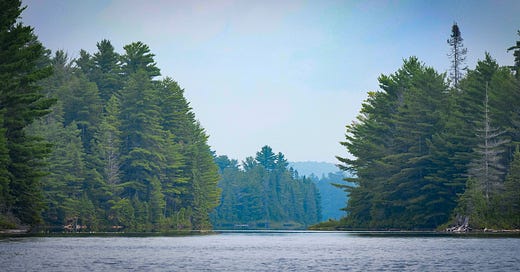



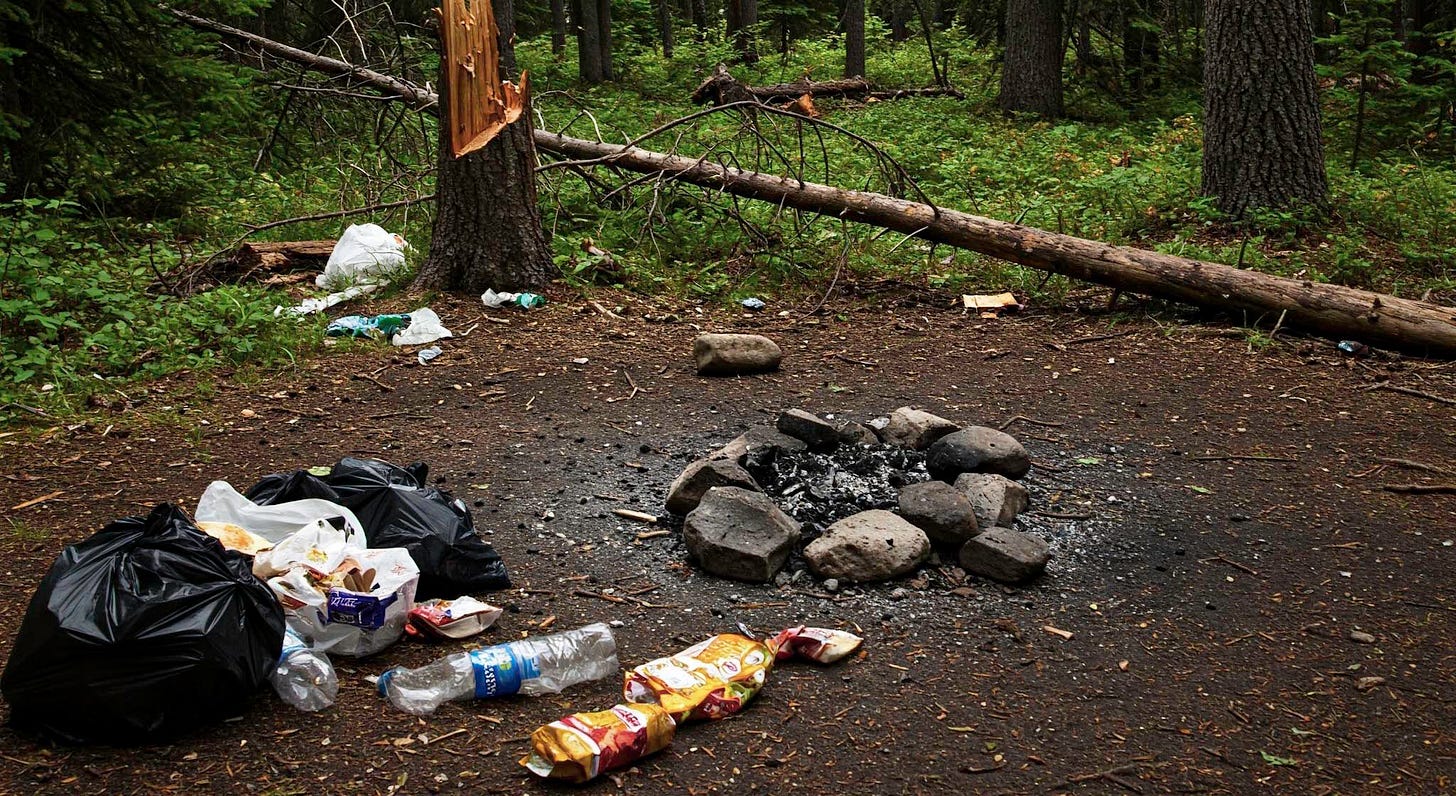
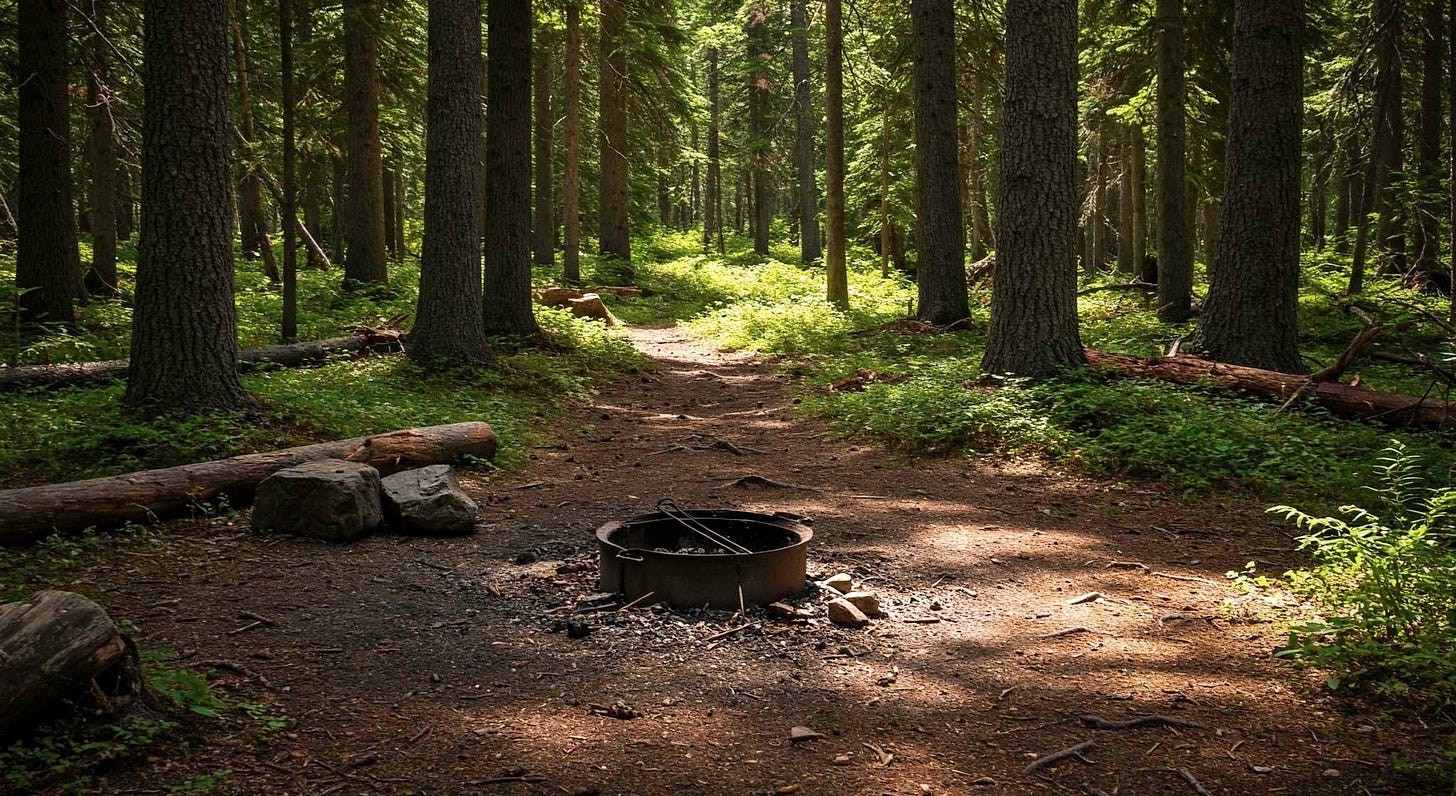
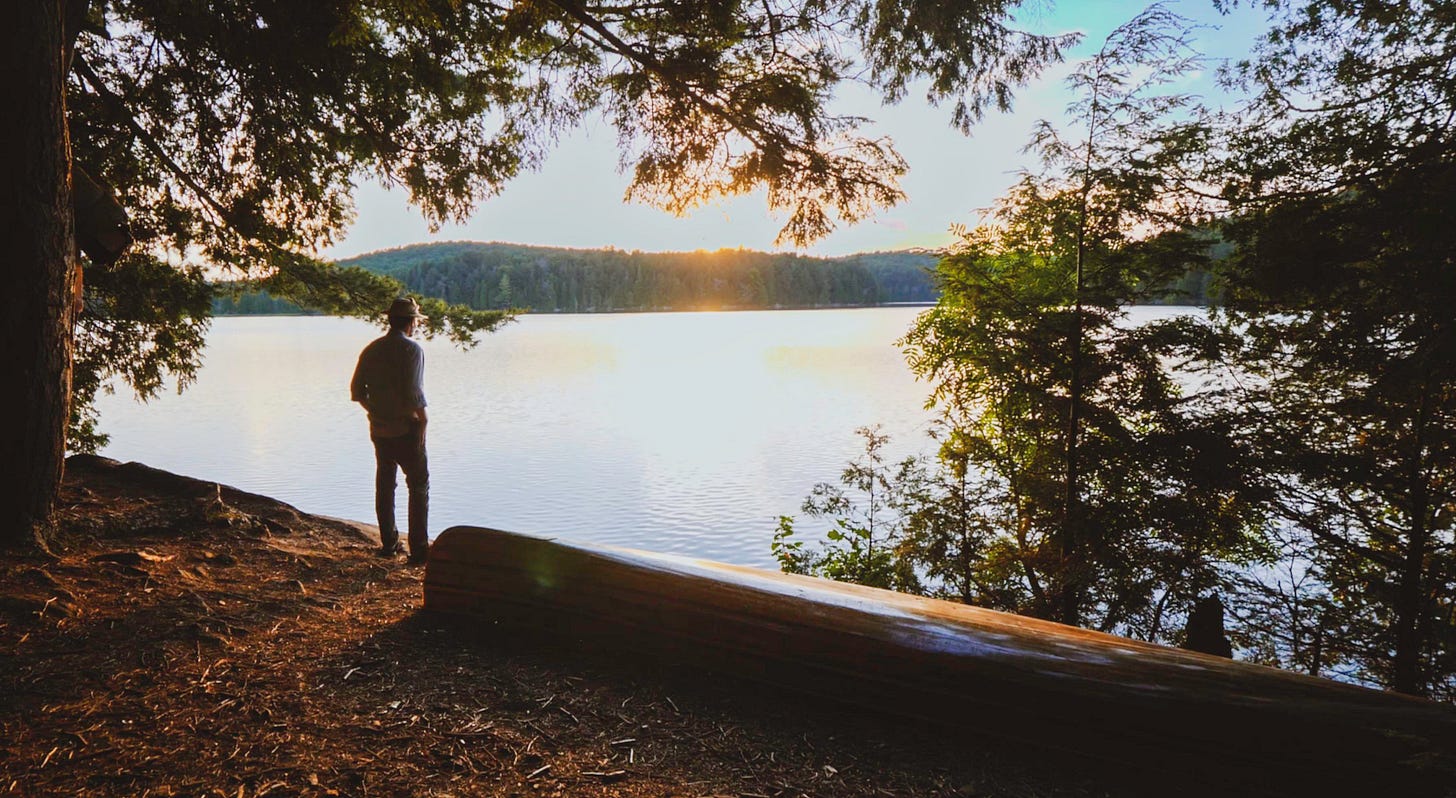



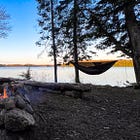
Some great points, especially the practical tips. It’s easy to feel guilty when things don’t go by the book, but that’s unrealistic 100% of the time. Informed Compromise > Rigid Rules
I love everything about this. Examining the nuance of both sides of the issue and explaining exceptions to the general rule. Thank you